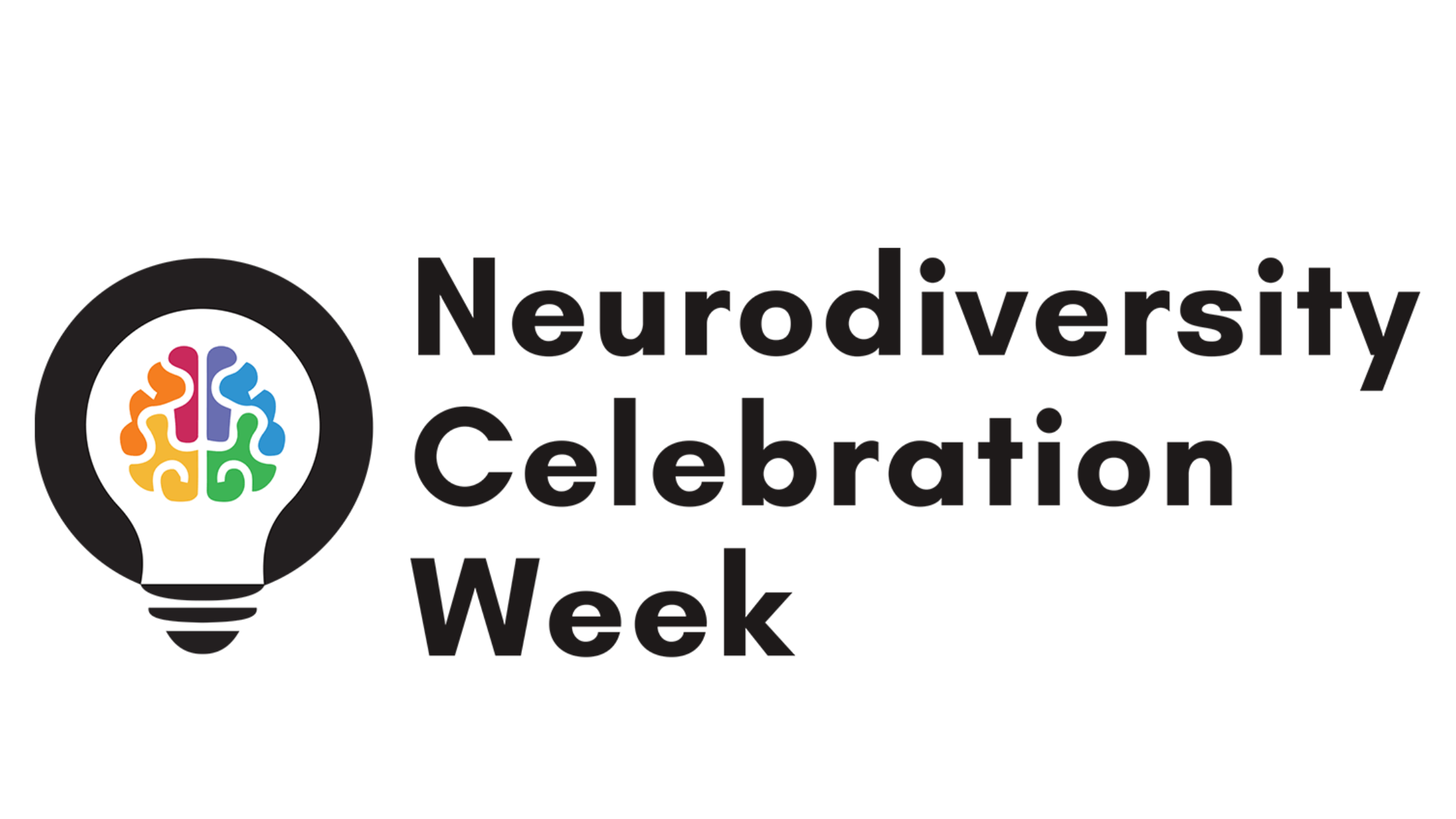
Introduction
Growth and brand building have always teetered on a delicate balance for marketing leaders. Growth marketing was born out of the limited budget of startup companies, with a focus on acquiring customers fast through unconventional or less expensive means. Whereas brand building is more of a long-term play of integrity, creating and evolving a message that resonates with customers on a deeper level.
A recent LinkedIn post by Chase Rifkin, Director of Executive People, got our team at Chesamel thinking about this balance. With current changing consumer expectations around authenticity, sustainability, privacy, and convenience – are we seeing a shift towards more brand-centric leadership?
This blog post explores two parts of this potential brand-centric shift: sustainable branding and privacy-first marketing. We’ll delve into what they mean for marketing leaders as we cross the halfway point of Q1.
To begin, we’re taking a look into the current shape of sustainable branding.
Sustainable Branding for The Conscious Consumer
As per Think with Google, brands are now expected to intensify their efforts in reducing carbon emissions and achieving net-zero goals. For example, in support of the COP28 goal of an accelerated transition to net zero, Google Cloud is focusing on three areas:
- Building the climate tech ecosystem
- Improving access to data about the climate transition
- Unlocking the potential of geospatial analytics for climate resilience
If you combine this with a whopping 70% of consumers willing to pay a premium for products that deliver on sustainability, the need for more sustainable branding is obvious. And if that wasn’t enough, Harvard Business School produced a report showing how sustainable products have 5.6x higher average sales growth compared to those that aren’t marketed as sustainable.
It seems marketing leaders are being pressured from both sides with net-zero goals and a growing ‘conscious consumer’. This pressure could be seen as something driving the shift towards more brand-centric leadership as well as calling for brands to be more transparent about their sustainability efforts if they’re hoping to retain their evolving customers.
Next, we’ll be delving deeper into the ‘conscious consumer’ with the growing trend of privacy-first marketing.

Privacy-First Marketing and a Cookie-Less Future
The decline of third-party cookies continues. On January 4th 2024, Google Chrome announced they had restricted third-party cookies by default for 1% of their users and plan to ramp up restrictions to 100% of users from Q3 2024. This news might make marketers tremble but it’s good news for consumers.
A cookie-less future greatly benefits the consumers’ data privacy. Interestingly, according to research by Google and Ipsos; 43% of people say they’d switch from their preferred brand to a second-choice brand if the latter provided a good privacy experience.
Therefore, brands that want to stay friends with their customers as we move further into cookie-less territory will need to consider two things:
- A privacy-first marketing approach
- Using more first-party data
But there isn’t just a ‘one-size-fits-all’ approach to privacy. Charlie Delaney, Google’s Legal Counsel, explains this perfectly;
“A misconception some people have about privacy is that this is a set-and-forget regime. Unfortunately, that’s not reality. You need a constant monitoring and compliance programme to make sure that what you’ve put in place continues to meet your legal and regulatory requirements.”
This shows an evident shift for brands to prioritise transparent and secure data handling to build trust and loyalty, rather than only relying on new technologies like AI, AR or VR. Yet another reason why this potential brand-centric shift could be approaching faster than we think.
What is The Current Balance Between Growth & Brand Building?
As marketers wrangle with a decline in traditional paid media effectiveness – thanks to the death of third-party cookies – and a shift towards more authentic, social-first strategies, it is the need for transparency that shines through. Whether you’re talking about the growing need for substantive sustainability efforts or the popularity of privacy-first marketing; both stem from consumers needing more transparency from brands.
If we head down that road, we’re inclined to say there is a shift towards more brand-centric leadership to meet this changing consumer need. However, it’s difficult to pinpoint what the current balance between growth-oriented and brand-centric leadership is because it changes all the time – from company to company, from month to month. But the best thing a marketing leader can do to get to grips with this is to know their customers like the back of their hand. At the end of the day, it’s the customers and their behaviours that shape this industry, and that’s where you’ll find the best insights for success.
As we explore the potential shift towards brand-centric leadership, it’s crucial to acknowledge the role of expertise and knowledge in navigating these evolving landscapes. At Chesamel, we understand the complexities of modern marketing and excel in providing comprehensive solutions that integrate sustainability, privacy, and brand integrity. Our team is equipped with the latest insights and strategies to help your company thrive in this changing environment.
Contact us today to discover how you can elevate your brand and drive meaningful growth in an increasingly conscious market.


